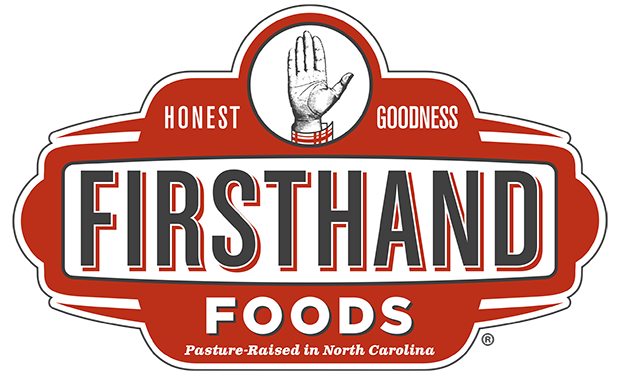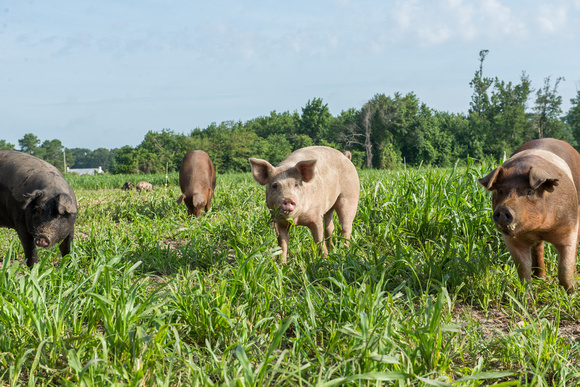Many of us are grappling with rising food costs and wondering why this is happening and what to do about it. Last year food prices rose an average of 11% and according to the USDA, they will rise by another 4% in 2023. Why? Most economists point to increasing production costs and shortages in commodities like eggs and chicken, all of which are related to extreme weather events and the impact of the pandemic and the War in Ukraine on supply chains. But there are also unjustifiable and infuriating causes, including the opportunistic move by large retailers to increase prices for the purpose of paying out shareholders (see this interesting article from Food Print).
An informal poll of Firsthand Foods team members reveals that just like everyone else, we are focused on cutting food costs. We’re eating out less than we used to, especially compared to pre-pandemic times. We’re meal planning, buying in bulk, cooking more and choosing cheaper generic brands. We’re continuing to try and source locally as best we can, and we’re fortunate that we have ready access to local meat and produce here at the warehouse.
Rising food costs is a problem that is unlikely to go away. The unfortunate truth is that none of these current price hikes actually take into account the “externalities” or social and environmental impacts of food production and distribution. As summarized by the Rockefeller Foundation, “Too much of the food we produce is unhealthy, goes to waste or never makes it to the people who need it most. And it’s produced by a system that favors profit over people, promotes unhealthy foods, and produces food in ways that puts people (including those who work in our food system) and our natural resources at risk. This hurts all of us, our economy and our planet.”
The good news is there is a growing movement of people, organizations and businesses that seeks to transform the food system so that it works better for everyone and produces food that is healthy, accessible and affordable for all. Firsthand Foods, and by extension our customers, are part of this movement. While our meats are not yet affordable for everyone, the price our customers pay supports a network of farmers who are sustainably stewarding their land and animals. It supports a small business that provides family-friendly jobs and certified living wages. And it supports a distributed, resilient supply chain that circulates food dollars throughout our community.
So if you are in a position of privilege and have a choice about where to source your food, consider purchasing from local farmers and companies like Firsthand Foods who are helping to build a better food system. It may seem like a small act but it’s how market change happens. One bite at a time. Click here to shop our store.
Accomplishing real equity in our food system cannot be realized without substantial policy changes at all levels of government. But that’s the subject for another blog.

